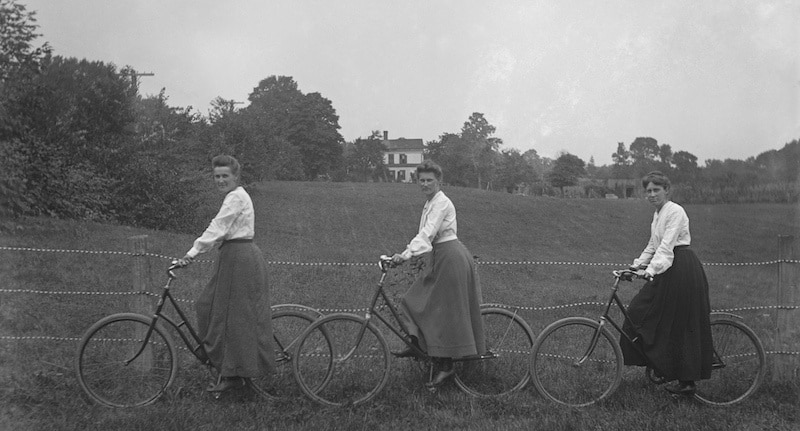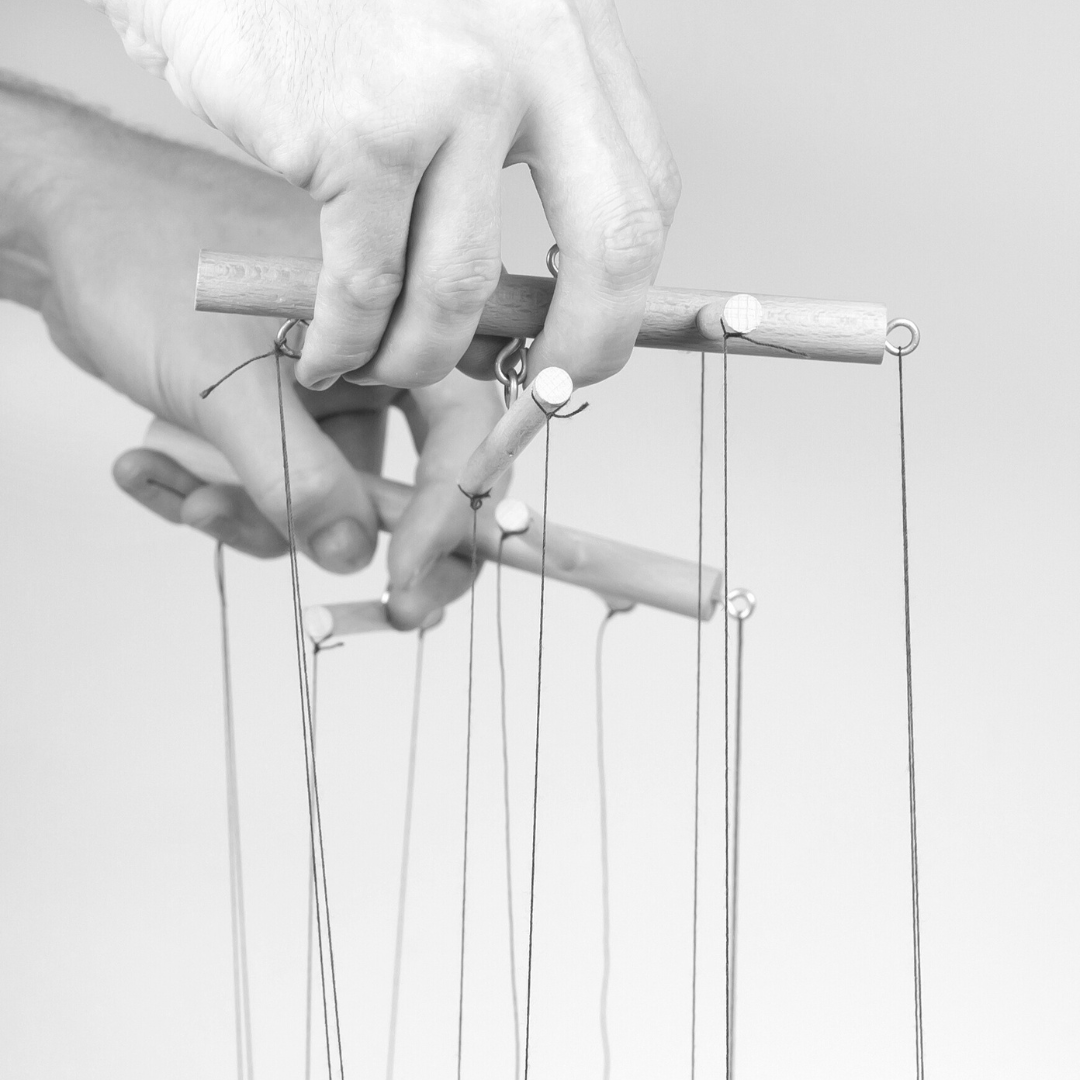Shedding the Shackles of Selflessness
Growing up, we’re often taught to sacrifice our own needs in favour of those of others. But this behaviour can quickly become toxic if taken too far, especially when leading a team.
Meet Jennifer.
On any given weekday, Jennifer will still be at work long after her colleagues have left for the day. She is the glue that holds the business operations together.
When a team member has a problem at home, it’s her door that they knock on.
When a director has lost touch with what’s happening on a specific client account, it’s her mobile that gets called.
When a client feels dissatisfied with an outcome, she’s the one that will listen, empathise, and resolve the issue.
Jennifer has an answer for just about anything – except for the question I put to her two sessions into her 12-Hour Leadership Program.
We were on a Zoom call when I said to her:
“Describe to me the most fulfilling day you could have as a leader. What would happen?”
Subtle waves of realisation moved across her face. First, there was confidence that the obvious answer would soon issue from her mouth. Then her brow furrowed as nothing immediately popped into her mind. Finally, her eyes cast upward, focusing somewhere distant, as she contemplated all the moments she had lived.
Jennifer has a chronic case of selflessness
Many women are deeply programmed to make pro-social decisions – decisions where the well-being of the collective takes priority and the individual reflexively put the needs of others ahead of their own.
This act is referred to as selflessness because the sense of self disappears. Charles Darwin thought selflessness was a result of evolution, but that theory is now largely refuted – and social conditioning is believed to be the most likely cause.
From birth, the ‘good girl’ – later, ‘good woman’ – story is programmed into us. We have an image burned into our psyche of what is and isn’t a ‘good woman’ and we are unconsciously driven to fulfil that stereotype.
A good woman bears children, takes care of her partner, gives all of herself to her family and community and never thinks of herself. If we don’t do those things – even when leading a nation, in the case of Jacinda Ardern – women are burned at the emotional stake and labelled ‘selfish’.
The good woman stereotype has retained its potency because of a chemical reaction that it has established within the minds of the women who bear this belief. Every time a selfless woman fulfils that stereotype, the reward centre in her brain delivers a shot of dopamine which makes her feel good about what she’s done. It is an addictive behaviour loop that, if left unaddressed for decades, can infiltrate an individual’s identity and ego to the point that it is almost impossible to cure.
In this video, Lisa Downing – author of the book Selfish Women – goes into this in more detail.
You can see the ‘good woman’ belief system playing out in Jennifer’s behaviour – she is ‘there’ for everyone, with little or no regard for her own needs. She will burn her own time rather than take up someone else’s, and she has no conscious awareness of what feeds her soul as a leader. She is truly selfless – lacking her self.
Some people may think it’s an admirable trait, but it’s the shackle that is holding Jennifer back from being an effective leader.
You can’t be selfless and an effective leader
Leadership, by its very definition, requires you to separate from the pack. The purpose of a leader is to take a group of people on a journey to a new destination: a goal or a new way of doing things. Your job is to share the vision of that destination, navigate the way and ensure the team has the resources and skills to get there.
“A leader is one who knows the way, goes the way and shows the way.”
John Maxwell
To carry out that role effectively, a leader must be able to think and act independently of the group. If they don’t – or can’t – then the existing norms of the group are reinforced, hampering any opportunity for progress.
I’m not suggesting that leadership should be devoid of acts of kindness and selflessness. Those behaviours should be among many that a leader can engage in at the right time and place.
In the case of Jennifer, however, it’s such a powerful driver that it’s holding her back. While Jennifer intellectually knows that independence is inherent to effective leadership, the process of separation feels selfish and counter-intuitive. Her reflexive response is micro-managing, rather than leading.

Would you ride a fixie up a mountain?
A ‘fixie’ is a bike with a single gear (literally ‘fixed gear’). While they were originally designed for use in velodromes, they are also the velo du jour for urban hipsters wanting to pedal down to their favourite café on a Sunday.
Now, fixies are a perfectly good solution – for a very narrow range of applications. However, if you want to go any distance, within a limited timeframe, and there are a few mountains along the way – indeed, any terrain hillier than velodrome banking – then you’re far better off with a bike that has as many gears as possible.
Changing gears enables you to adapt to whatever conditions present themselves, and make the most of the effort you are putting into pedalling – without burning yourself out. You might even have some fun along the way!
Leadership is the same. Leaders need many gears – multiple modes of operation – from which you can choose the most appropriate ‘gear’ for the situation. You may not use them all on any one journey but having them gives you options when you need to climb a mountain.
At this point in time, Jennifer is like a fixie. Her only gear is selflessness, and that’s limiting her ability to fulfil the leadership responsibilities of her role. And that’s what we’re working on now in the 12-Hour Leadership Program – opening up her range of gears so that she can be a more effective leader – and, even more importantly, a happier woman.





